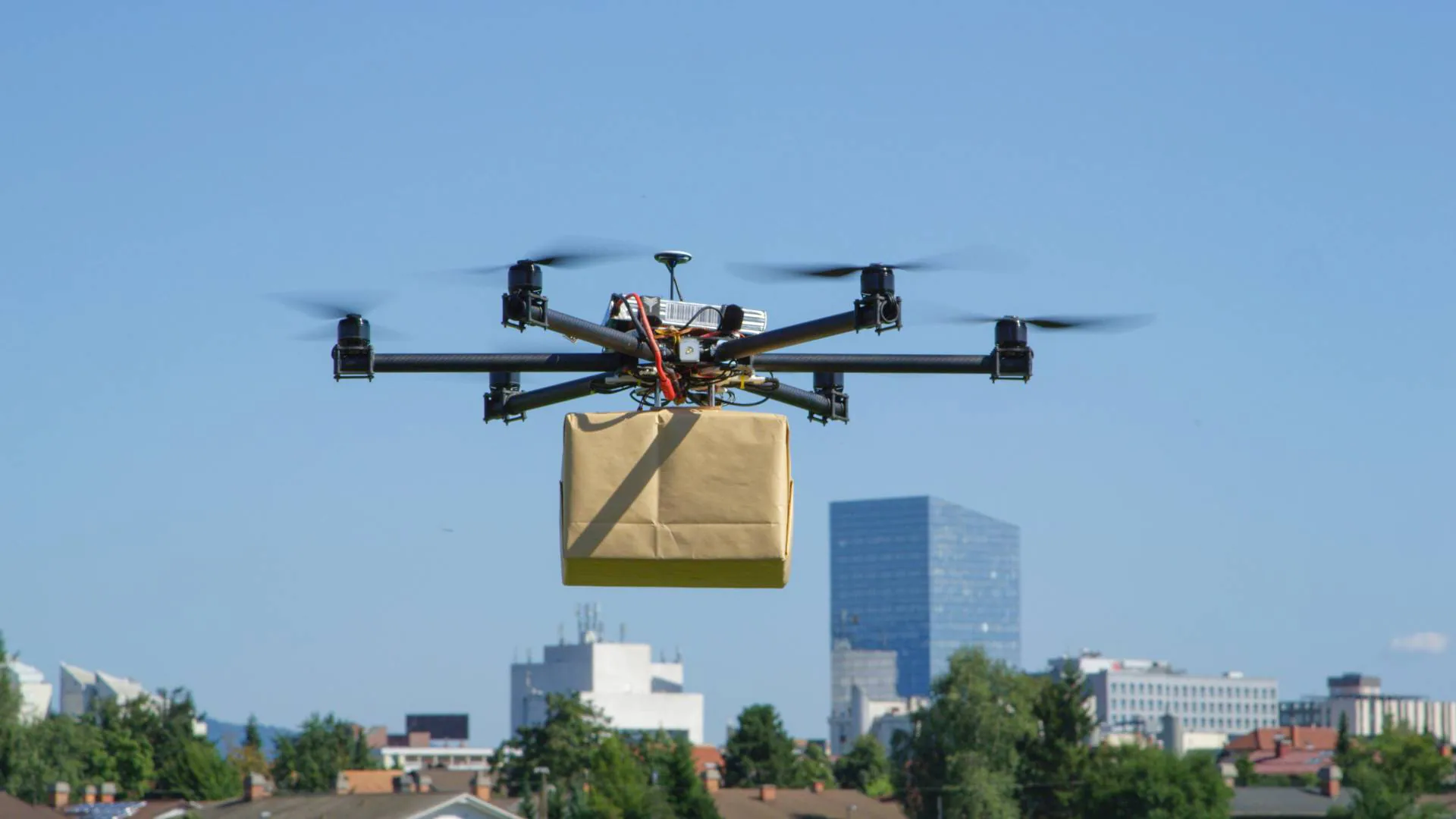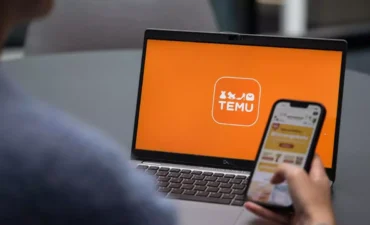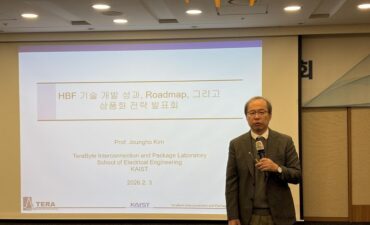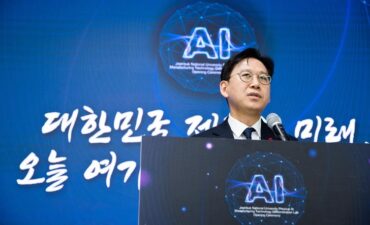This week’s stories are about tech, AI and sustainability, coming from Taiwan and the USA
1-Delivery drones near wider takeoff in the U.S: FAA
Delivery drones may soon become a common sight in American neighborhoods. The Federal Aviation Administration (FAA) has proposed new regulations that would allow drones to fly beyond an operator’s line of sight, potentially paving the way for wider use of airborne delivery services.
I read this story at Associted Press and the move could accelerate a shift that has been slow to materialize despite years of promise. Since the FAA first cleared drone deliveries more than six years ago, services have largely remained limited to small-scale operations in suburban and rural areas. Under current rules, companies have needed special waivers and air carrier certification to conduct long-distance deliveries, according to the story.
Walmart and Alphabet-owned Wing currently operate drone deliveries from 18 stores in the Dallas area, but plan to expand to 100 locations across cities such as Atlanta, Charlotte, Houston, and Orlando by next summer, the story noted. Amazon, which began its Prime Air service in Texas in 2022, has also received FAA approval to operate autonomous drones. The company has expanded into suburban Phoenix and intends to bring the service to Dallas, San Antonio, and Kansas City, per the story. (By the way I have a story here about Amazon’s opening of Turkish fulfillment center)
Experts highlight potential benefits, including reduced emissions and improved access for rural communities. However, costs remain high—averaging $13.50 per delivery compared to $2 for traditional transport—along with challenges such as weather limits, safety risks, and regulatory hurdles, the story claimed.
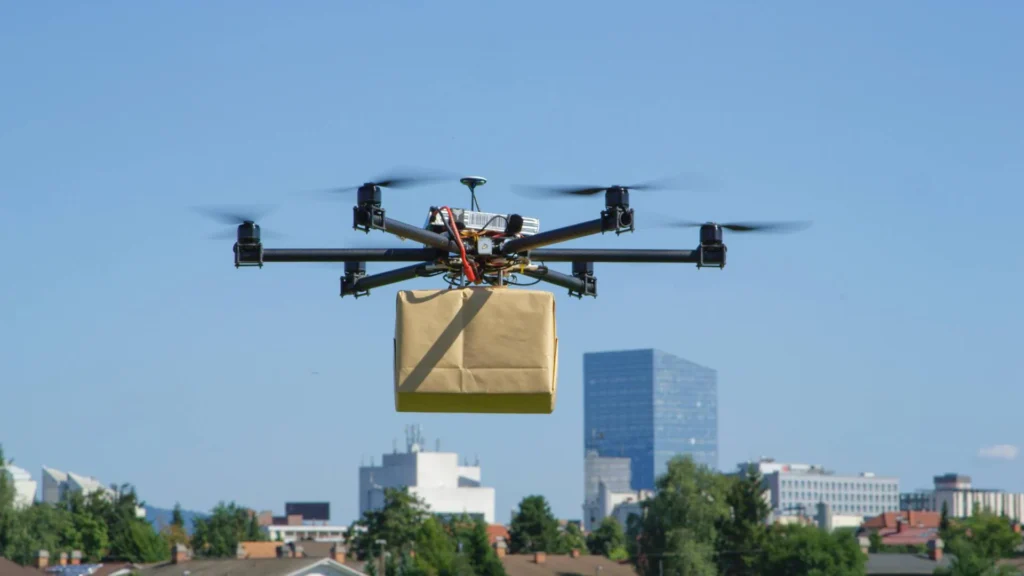
Delivery drones near wider takeoff in the U.S: FAA
2-AI demand to drive Taiwan chip growth 22%: ITRI
Taiwan’s semiconductor industry is expected to grow more than 22% this year, fueled by soaring global demand for advanced chips used in artificial intelligence applications, the government-backed Industrial Technology Research Institute (ITRI) revealed.
I read this story at Taipei Times and in its latest quarterly outlook, ITRI raised its forecast for the industry’s output value to NT$6.5 trillion ($216.6 billion), up 22.2% from last year and above its May projection of 19.1% growth.
The revision follows stronger-than-expected results in integrated circuit (IC) manufacturing, ITRI announced. The segment is projected to generate NT$4.36 trillion ($142.9 billion) in output in 2024, a 27.5% increase from a year earlier. Pure foundry wafer production, dominated globally by Taiwan Semiconductor Manufacturing Co. (TSMC), is forecast to rise 28.3% to NT$4.16 trillion ($136.3 billion)
TSMC, the world’s largest contract chipmaker, last month lifted its own 2024 sales growth outlook to 30%, citing rising computing power needs from AI. Its earlier guidance was 24% to 26%, the story noted.
Other IC industries are also set to expand, though at slower rates. Packaging output is expected to grow 13.5% to NT$480.3 billion ($157.4 billion), testing by 15.2% to NT$230.5 billion ($75.5 billion) and design by 12.1% to NT$1.42 trillion ($46.5 billion), slightly below earlier estimates, according to the story.
Taiwan’s semiconductor output reached NT$1.6 trillion ($52.4 billion) in the second quarter, up 7.4% from the first quarter. Production is projected to climb to NT$1.68 trillion ($55 billion) in the July-September period, with IC manufacturing rising 7.3% to NT$1.15 trillion ($37.7 billion), as ITRI put it.

AI demand to drive Taiwan chip growth 22%: ITRI
3-U.S. to invest $500M in battery materials, recycling to boost supply chains
The U.S. Department of Energy announced it will invest up to $500 million to expand domestic processing, manufacturing and recycling of battery materials as part of a broader push to strengthen supply chains for critical minerals.
I read this story at ESG Today and the funding is part of nearly $1 billion in planned DOE programs aimed at reducing reliance on foreign suppliers for materials essential to batteries, clean energy technologies and national security. The investments align with an executive order from President Donald Trump directing federal support for critical mineral projects, according to the story.
The DOE’s Office of Manufacturing and Energy Supply Chains announced the money will support commercial and demonstration facilities for processing and recycling minerals such as lithium, nickel, graphite, copper, aluminum and rare earth elements.
Other funding initiatives include $250 million for industrial byproduct recovery, $135 million to enhance domestic rare earth supply chains, $50 million for a Critical Minerals and Materials accelerator, and $40 million for an ARPA-E program to recover minerals from industrial wastewater, the story noted.
“For too long, the United States has relied on foreign actors to supply and process critical materials,” Energy Secretary Chris Wright said. “The Energy Department will play a leading role in reshoring processing and expanding our domestic supply of these indispensable resources.”
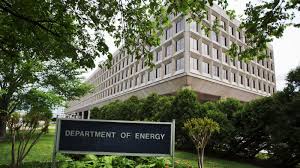
U.S. to invest $500M in battery materials, recycling to boost supply chains

